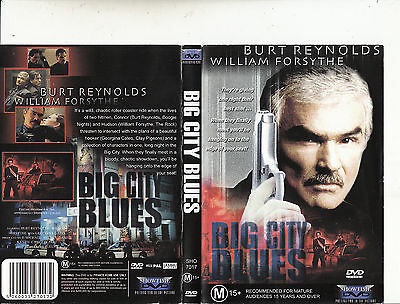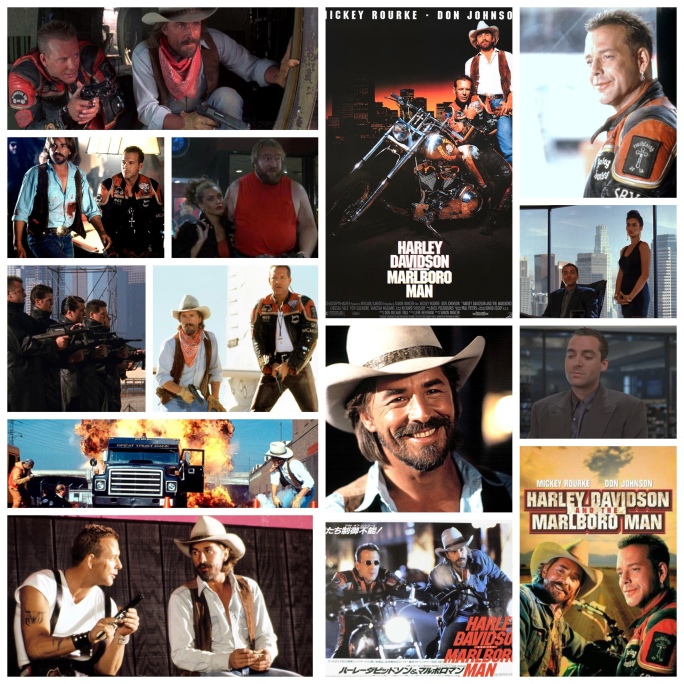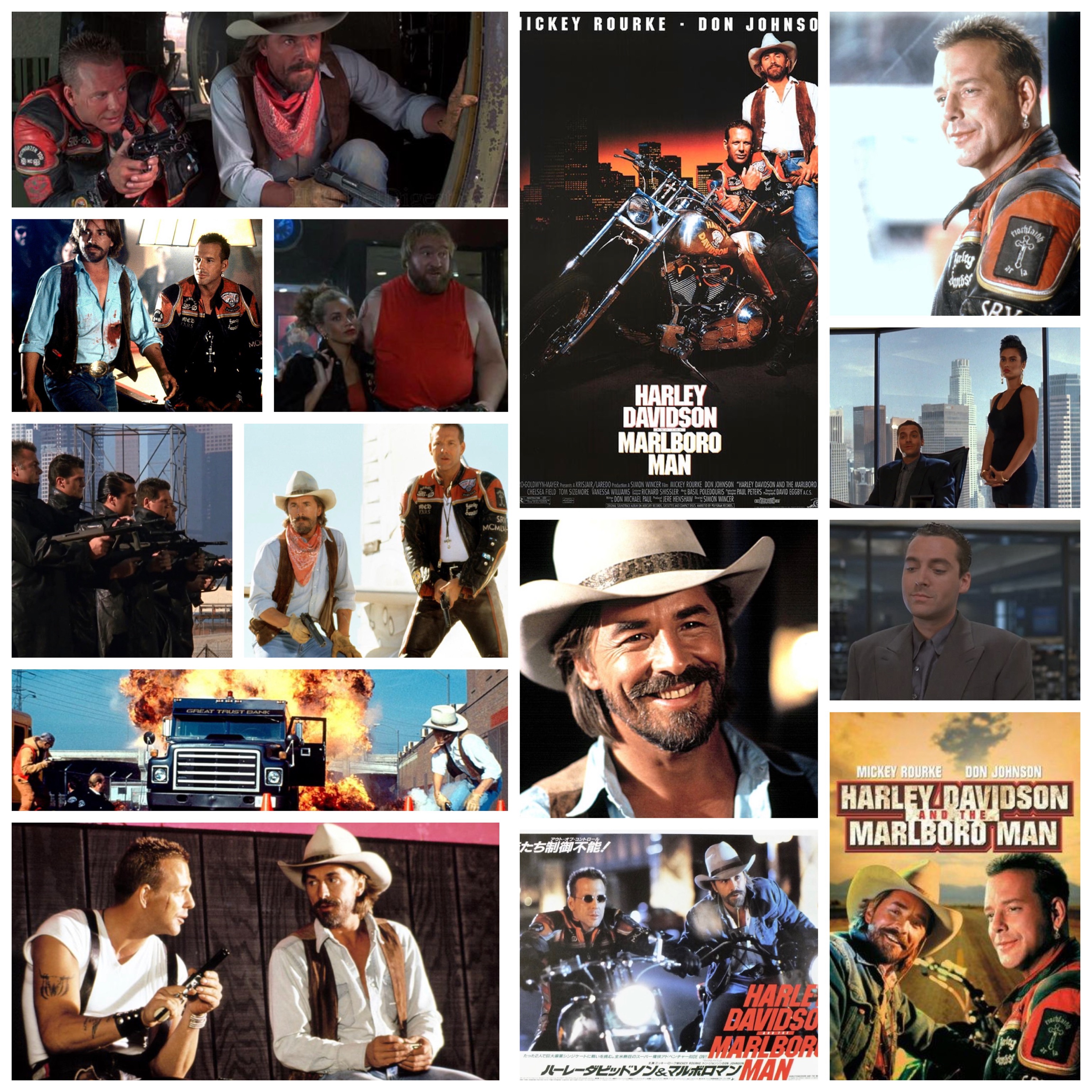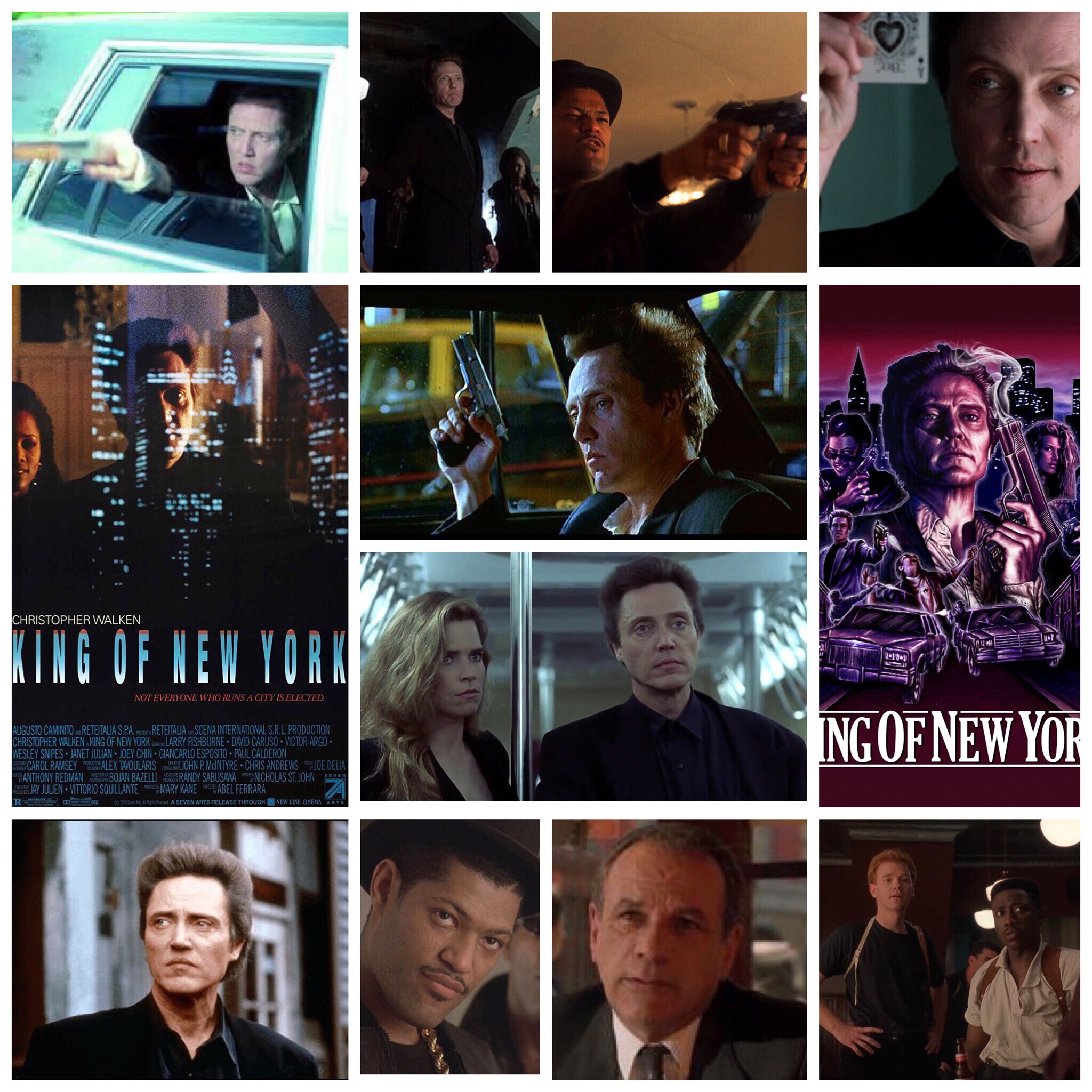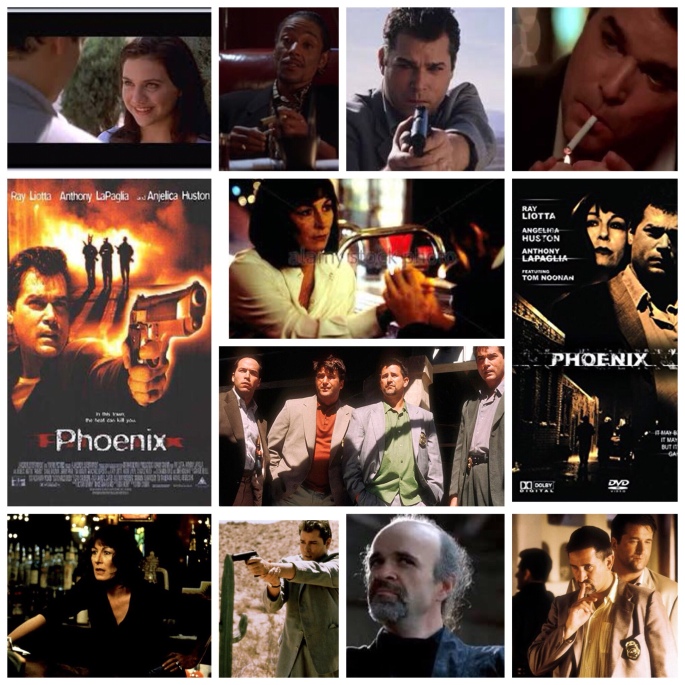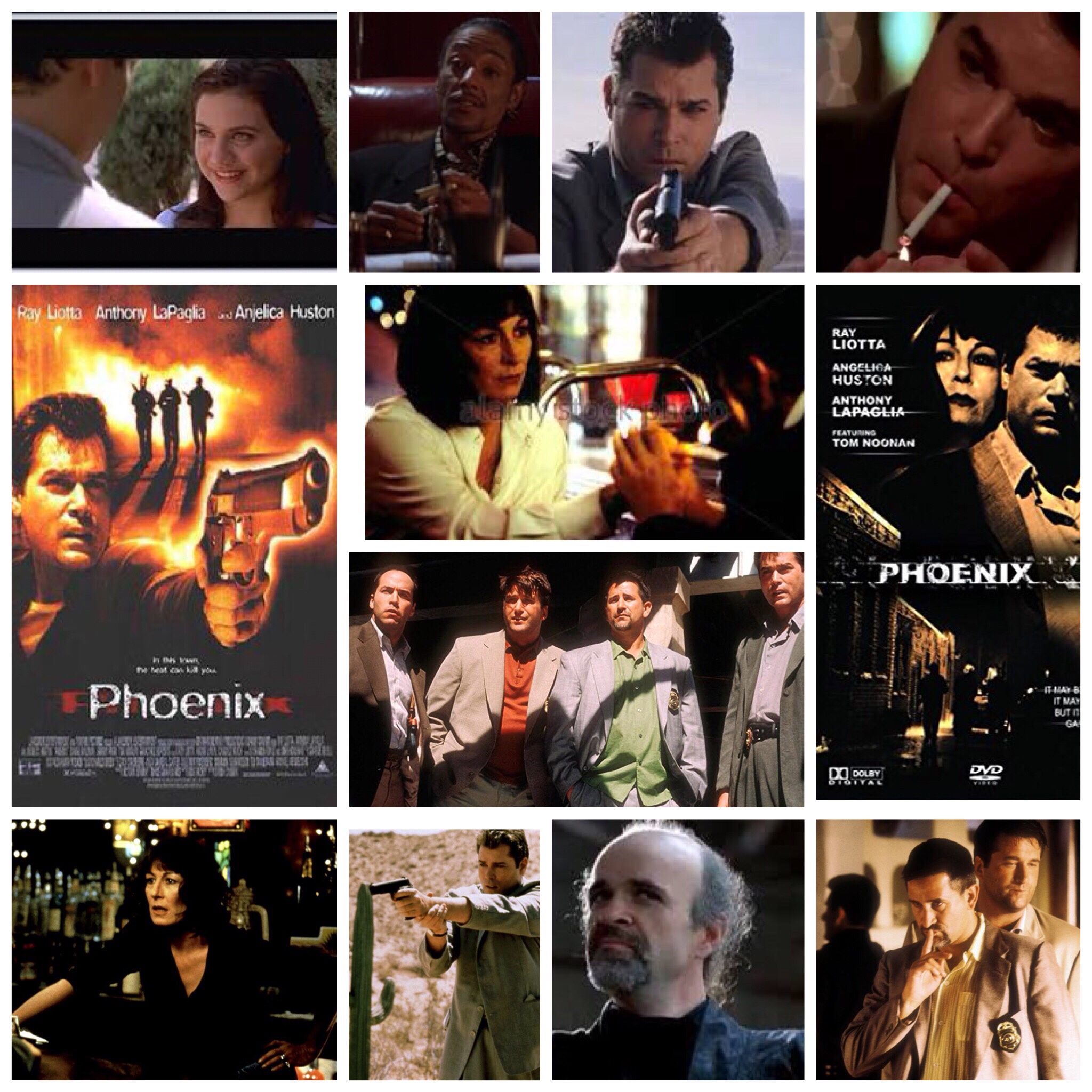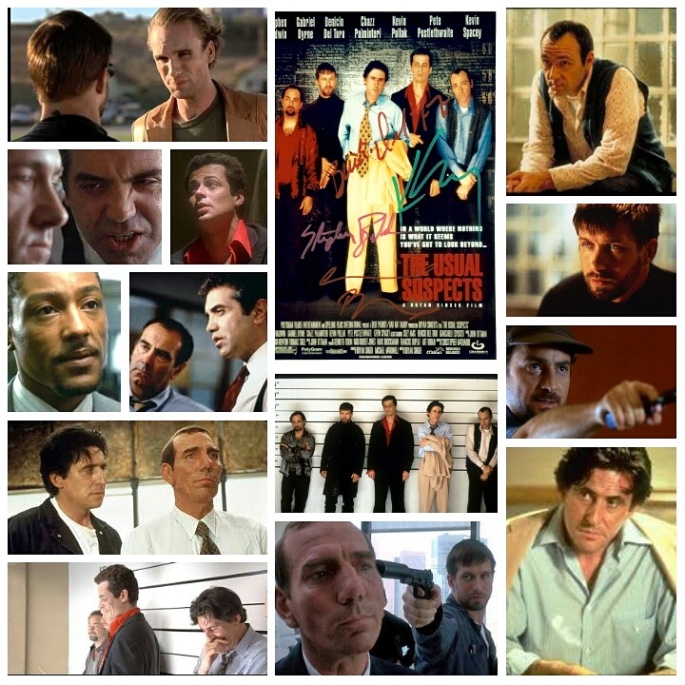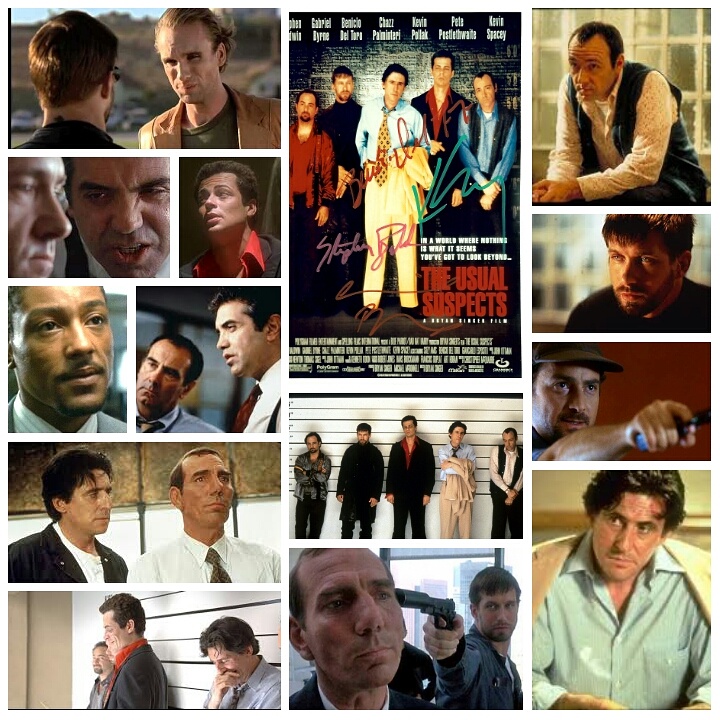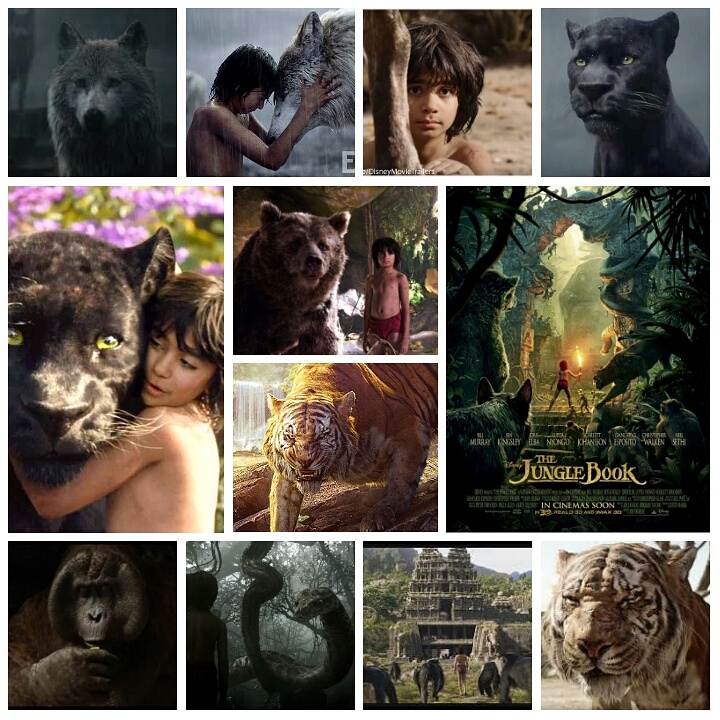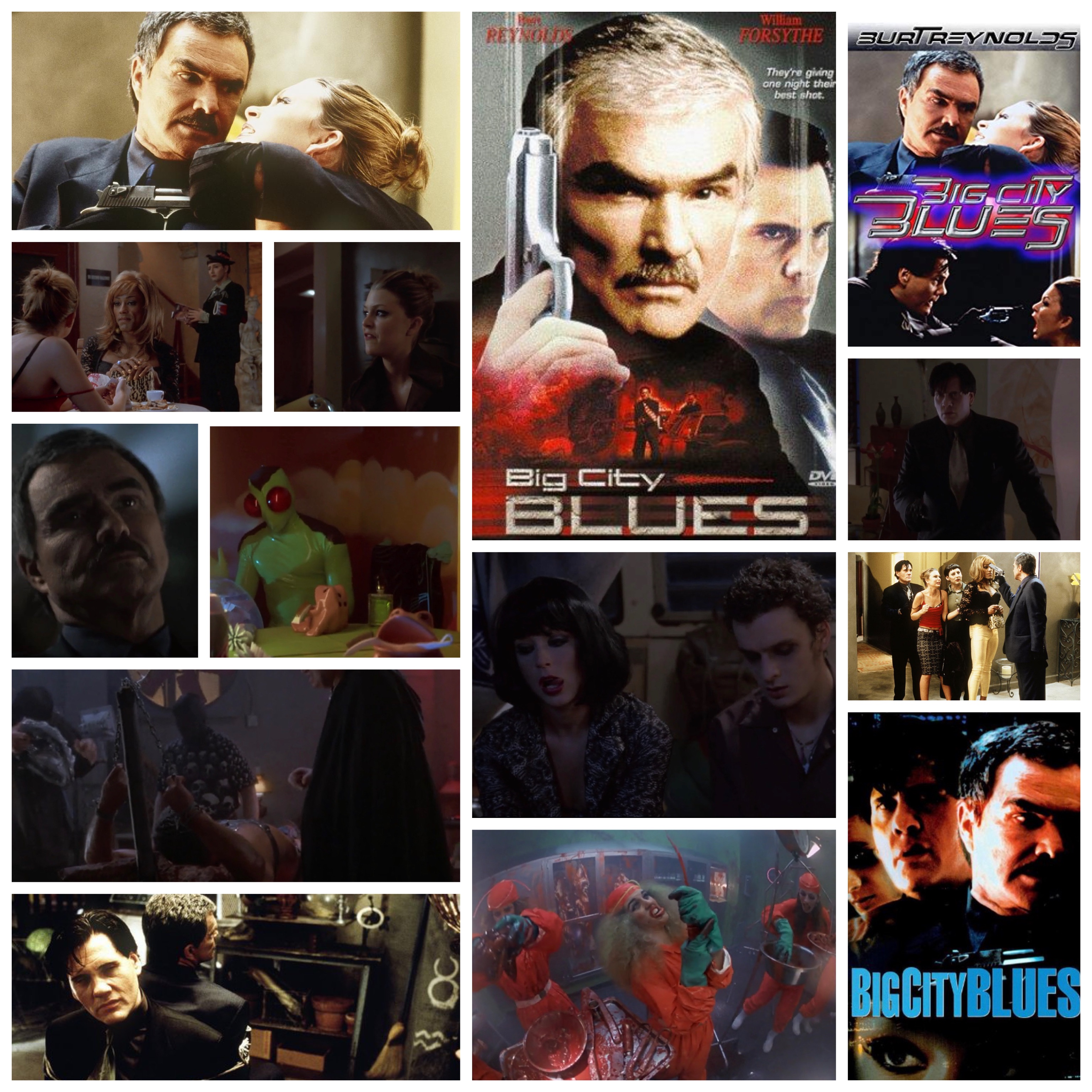
Burt Reynolds did a lot of, shall we say, odd films throughout his career but the weirdest by far has to be Big City Blues, and the experience of sitting though it is akin to dunking your head in a bucket of piss and raw concrete. Ugly, murky, choppily edited, clumsily acted and shot through with more lens grain than aforementioned concrete bucket, this is the definition of leaving a bad taste in your mouth. Burt and character actor William Forsythe are Connor and Hudson, two mafia hitman in some shit-hole urban nightmare of a city. They find themselves in various jumbled misadventures presented in ramshackle vignette style, including their boss potentially betraying them, freaky underground sadists, a devil worshipping cult, psychotic doctors, duplicitous transvestites and a strange hooker (Georgina Cates) who believes her doppelgänger is somewhere out there in the city and won’t stop obsessing over the notion. Giancarlo and Balthazar Getty also show up here and there but don’t really have much to add. Reynolds gives one weird performance here, shambling about like a hungover Bassett hound and mumbling like he’s already ten drinks into hair of the dog, he seems listless, hilariously disinterested and looks like he just wants to collect his paycheque and go for day pints in a brighter, less depressing city than this (it was filmed in Miami, but you’d never guess and no other film out there has managed to make that colourful hub look as drab and run down as here). Forsythe has a bit more edge to his work and at least tries, but he’s always game no matter the material, even so he can’t save this thing from rolling into the gutter. There’s just too much bloody, gross shock value stuff that seems to have come out of left field in the script and I couldn’t tell if the psycho aspect was disturbing in itself or because it seemed to have ran in from another film and rudely hijacked this one. It also really tries to do the episodic Sin City/Pulp Fiction shtick where stories overlap, intertwine and wrap around each other seamlessly but it fails there too and these random, unpleasant and boring encounters just trip all over each other like they’re as many drinks in as Burt. This is the first film he made after his legendary turn in Boogie Nights and I wonder why, you’d think he’d have gone for something with a little more pedigree. More like Big City Poos.
-Nate Hill
